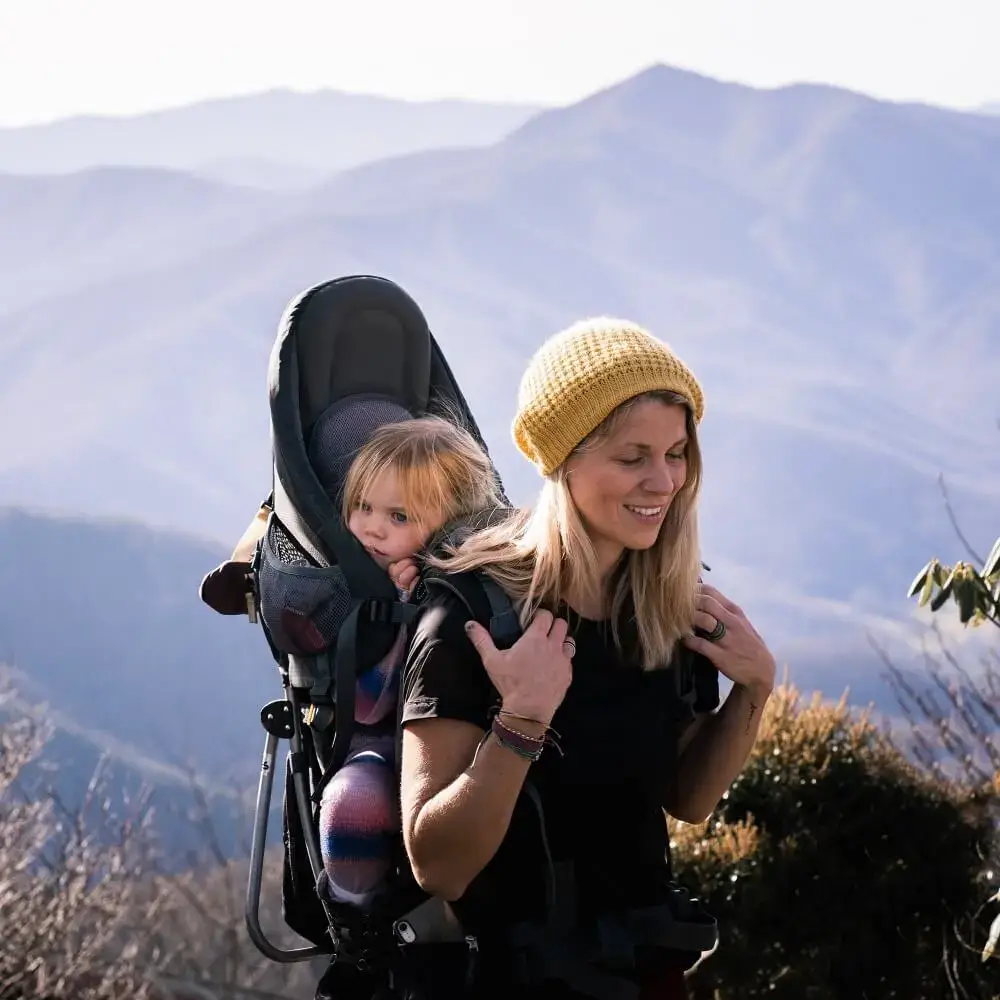Budgeting

23 August 2022
Reading time: 7 minutes
Posted
by
Tom Hartmann
, 2 Comments

With hundreds of questions pouring in for Sorted Money Week, it’s not hard to see the common answers we’re after. Here are the 10 things we’ve been wondering.
Rising costs and making ends meet remain top of mind for many, as does investing ethically. This year’s Sorted Money Week also saw a new category of questions: all about your money mindset and the opportunity to get to know your ‘moneyful self’. The psychology behind our money choices is fascinating, and any time we can become more aware of ourselves and our tendencies, it’s a helpful step.
We all have preferences when it comes to the way we handle money, and knowing yourself and understanding your unique money tendencies can go a long way to explain why you make certain money choices.
Some of us spend on quality, others on quantity. Or we prefer to spend on experiences over things. There’s no right answer, only a scale that we tip one way or another. It’s just important not to swing too far either way. Here’s more on your unique tendencies with money.
Making ends meet – and making a surplus with our budgets – becomes all the more challenging when costs keep rising. The goal is to stay on track and not take on any new debt.
Many times we can adjust our spending plans, but that said, we may need to take steps to earn more. Here are some tips to make your money go further, ways to save on groceries, and even ideas for side hustles to bring more money in.
This is where a little trick called ’paying yourself first’ works wonders. You set your savings aside as soon as you’re paid, automatically into a separate account.
But it’s easy to see how with inflation and rising costs that we may find ourselves slipping backwards and dipping into savings or even going into debt. We really need to make sure every single dollar has its job to do in our budgets. Here’s more on paying yourself first, plus some tips for making your money go further.
We make heaps of sustainable choices as we buy everyday products these days, whether it be for fair-trade coffee and chocolate, local produce, or ethically made clothing. Our investments can too. It’s like using your dollars to vote for the future you want!
But you need to unpack the funds you're investing in (and not just go by what they’re called). Once you get reading – many funds and companies have sustainability reports – you can make sure it fits with your values and focus on what’s good for the environment. Here’s more on investing sustainably.
As quickly as you can, find $1000 and sock it away in its own account. Sell stuff you don’t need, find a side hustle, whatever it takes to get to a quick grand.
It's best to have your emergency stash separate and at the ready. So even though that money will be mostly sitting idle and not earning much interest, it's probably best in an online savings account. You wouldn't want it locked away for longer than a month or two typically.
That said, as you build your emergency fund to cover 3, 6 or even 12 months of expenses, you could consider splitting some into term deposits that can earn a bit more, cycling them on and off when their term runs out. Here's more on starting your emergency fund.
Investing questions continue to be popular, with many of us wondering where exactly to invest and how to get started. The rollercoaster of a year in the sharemarket – the 50 top Kiwi companies had the worst first half in 50 years, then the best month in 80 years – has made it a bit of a wild ride. Here are your top investment questions.
We feel your pain – everyone goes on about compound interest and all that, but if there’s not much around to compound (and it’s still getting taxed), you get nowhere.
And if you were trying to live off your savings like retirees do, it becomes even more challenging. This is why investing is part of everyone’s future, and why many of us are having a go with shares these days. The way to start investing is to learn some basics and give it a go.
Now we’re not encouraging everyone to take too many risks (no sense losing sleep over this), but investing can help your money keep growing so you get something back into your pocket. Here’s where to start with investing.
We all have so much information at our fingertips, including on the markets and their effect on our balances. But that’s not always a good thing – especially when we can see our balance fall that much more often. It can put us off investing entirely. Yet this is all part of investing – we’re buying productive assets whose value can go up and down.
The key is to have a long-term plan in place and stick to it. And when markets are down, you’ll be buying assets that are on sale. Here’s more on investing in our world of uncertainty.
These days as little as $5 can get you started. Investing platforms such as Sharesies, Hatch, InvestNow or Kernel have lowered the barriers to getting started with investing. You no longer need steep amounts of money just to begin.
To start though, it helps to map out your spending plan (aka your budget) so that you can flow more money towards your investing. The more you do, the better results you can get. Here's where to start your plan.
Finally, there are always questions that come in like these – how much we need to retire and the best way to pick a KiwiSaver fund.
Pay no attention to headline numbers aimed to shock you into saving! You'll probably need far less than they let on. Think of it this way: for every $100,000 you save, that typically equates to around $100 a week throughout your retirement. And that’s on top of NZ Super.
So most of us will not need that much to retire comfortably, but of course it depends on how you'd like your lifestyle to be. Here's where you can check your own retirement numbers easily.
Everyone needs to choose which fund to be in, so which is the best fund for you? It's important to pick your fund based on important criteria (not because it's a familiar brand or something).
If you didn’t actively choose a fund when you started in KiwiSaver, the government did this for you by putting you into one of six ‘default’ funds. This was to get you started, until you got around to making a choice yourself. Here’s our guide on how to pick your KiwiSaver fund.
We got so many questions in during Sorted Money Week that we know you probably have more! Here’s where to find answers to questions on your money mindset, investing and saving, budgeting, debt, KiwiSaver and retirement (in English and te reo Māori).

Use verification code from your authenticator app. How to use authenticator apps.
Don't have an account? Sign up
Or log in with our social media platforms


A Sorted account gives you a personal dashboard where you can save your tools, track your progress and you'll also receive helpful money tips and guidance straight to your inbox.
Or sign up with our social media platforms


Comments (2)
Comments
20 March 23
Tom from Sorted
Hi Rick, thanks for commenting. Did you know that your score lifts just because you pay your bills on time? Other ways to improve your score are reducing any credit card balances you're carrying, while not closing down any credit accounts you have currently or applying for too many more. Check your credit history for accuracy as well.
18 March 23
Rick
How can I increase my credit score I haven't had a mortgage for many years now & haven't bought anything I on credit for more than 30+ years.
No one has commented on this page yet.
RSS feed for comments on this page | RSS feed for all comments